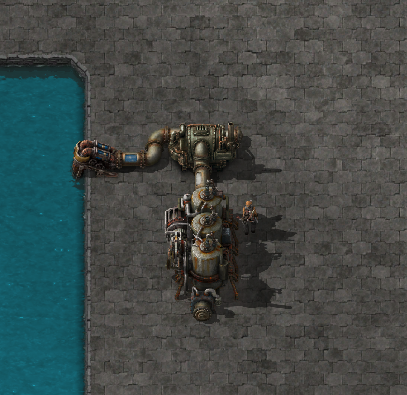Hey everyone,
It's Mart, Neel and Jack from the Factorio Learning Environment team.
We believe in evaluating AI agents in unbounded, open-ended and highly dynamic settings - such that we can observe a uniquely strong signal of model capability even as they surpass human performance in various domains.
Since our initial release, we have been working hard to expand the environment to support multi-agent scenarios, reasoning models and MCP for human-in-the-loop evals.
We have also spent time experimenting with different ways to elicit more performance out of agents in the game, namely tools for vision and reflection.
Today, we are proud to release v0.2, which includes several exciting new features and improvements.
Thanks for checking this out.

